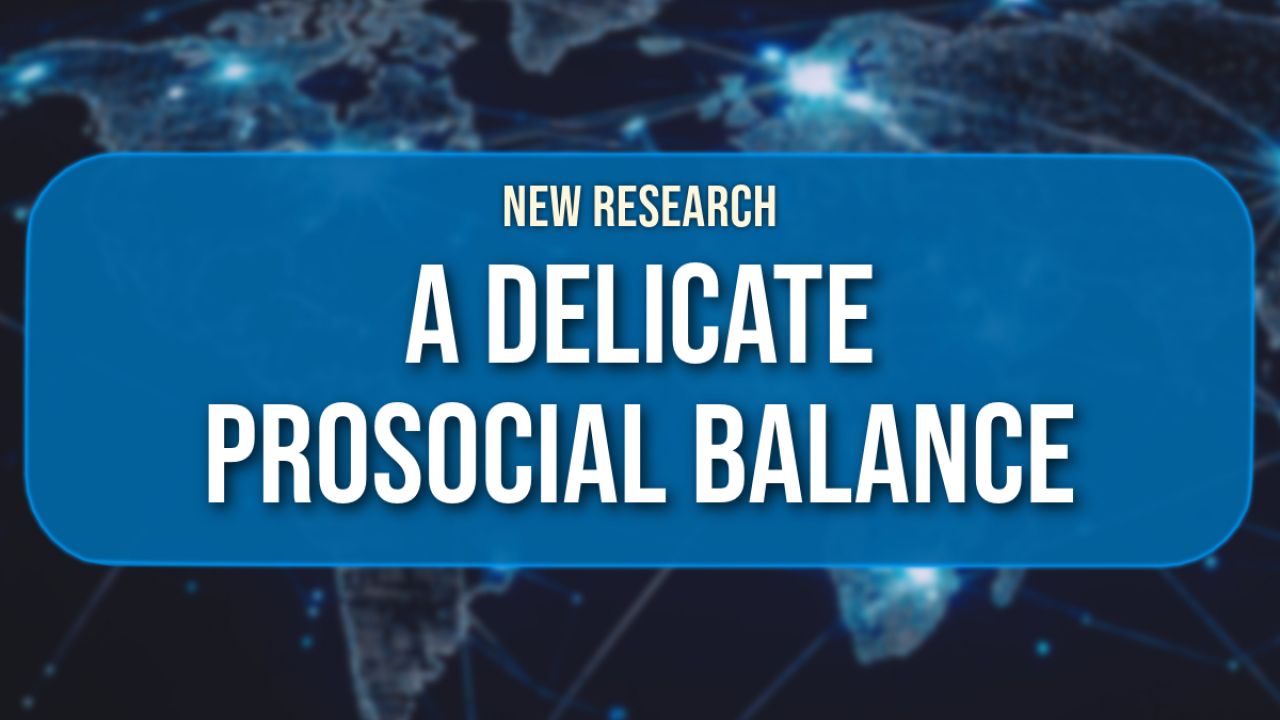May 20, 2025
Contentious issues, multinational organizations and PR practitioners in Bangladesh, Botswana, Indonesia and Kenya

A challenge to the term “prosocial communication,” at the heart of the grant call to which this project belongs, is the reality of who gets to decide what is prosocial. Put another way, practitioners and scholars must remember to ask—prosocial for whom?
As investigators who believe in the potential of the positive contributions public relations can offer organizations and communities, we looked to public relations practitioners working for and consulting with multinational organizations (MNOs) in Bangladesh, Botswana, Indonesia, and Kenya — relatively far from the traditionally studied regions of practice, but in places where large MNOs may have significant impact. The practitioners interviewed made clear that “prosocial” meant living in the tension between organizational realities and community needs.
Each participant was asked to describe their organization, the transnational circumstances and complications to their work and the role of public relations in engaging with potentially polarizing, intractable and challenging issues. It was not reflective of primarily global best practices with regional adjustments (i.e. generic-specific theory) nor a tidy integration between transnational and local approaches (i.e. glocalization), but of an ongoing tension with participants (local practitioners) at the center.
The issues most relevant to local and national discourse, most viable for public engagement and most polarizing or contentious were different for participants in each country. When asked about contentious issues they faced in their work, many spoke about sustainability and environmental efforts, public health, and LGBTQIA+ rights, which presented distinct, localized challenges in each country.
Across interviews and countries, participants described what we’ve termed a global-local dialectic — a constant awareness and tension that each practitioner faces in negotiating among local values, organizational values and global or home country values for the organization. Our participants, as experienced, broadly community-minded communicators, did not shy away from these tensions, but consciously saw their role as an opportunity to advocate as part of conversations and decision making. They understood their power as local experts, cultural translators and network nodes connecting to local communities.
What were participants seeking?
We described their engagement as working toward a (Pro)Social License to Operate for their organizations — attempting to build and maintain public support for their organization’s local footprint. They demonstrated three central values or aspirations — cohesion, legitimacy, and stewardship — through three central aspects of their work — alignment, development, and evaluation. Practitioners aim (through moments of alignment and conscious development) to build cohesion among local, regional and transnational stakeholders.
They practice stewardship through an ongoing local organizational citizenship orientation, considering development and tracking through evaluation. And they manage stakeholder and community perceptions of legitimacy through seeking alignment and tracking success. Taken together, these reflect the role of local practitioners with multinational organizations as community advocates and stewards, embracing the tension and contention inherent in transnational and transcultural work.
For more information about this study, email Capizzo at capizzol@msu.edu. This project was supported by a 2023 Page/Johnson Legacy Scholar Grant from the Arthur W. Page Center.
